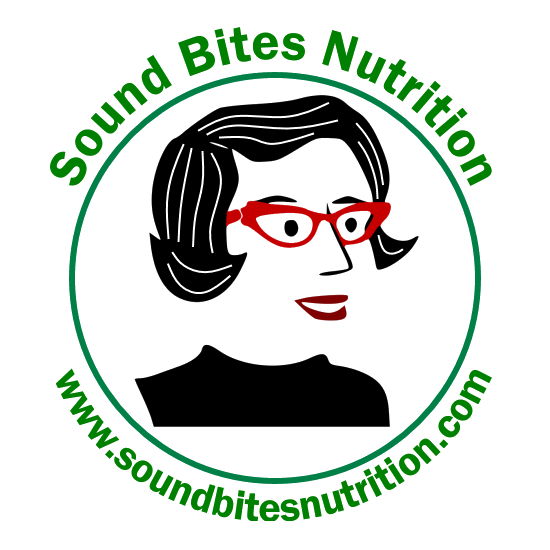Feeding for Two
 Nutrient needs vary a wee bit for breastfeeding, VS pregnant women. Lactation takes a toll on a woman's body, so whatever she doesn't get in her diet (but the baby needs) will be siphoned away, so to speak. For example, calcium can be depleted from a woman's bones to provide adequate calcium in breast milk. The upside is breastfeeding aids in weight reduction post partum. Below are some tips for the health of baby and mommy.Bite this:
Nutrient needs vary a wee bit for breastfeeding, VS pregnant women. Lactation takes a toll on a woman's body, so whatever she doesn't get in her diet (but the baby needs) will be siphoned away, so to speak. For example, calcium can be depleted from a woman's bones to provide adequate calcium in breast milk. The upside is breastfeeding aids in weight reduction post partum. Below are some tips for the health of baby and mommy.Bite this:
- Get milk. Adequate calcium and vitamin D are vital when you're nursing. Without dairy in your diet, milk quality declines and so can you bone mass over time. Aim for 3 servings of low fat dairy including light cheese sticks or 1 cup low fat yogurt, skim or 1 % milk.
- Vitamin D. Vitamin D needs are higher in breast fed VS bottle fed infants. The American Academy of Pediatrics advises women to supplement their baby's diet with 400 IU of vitamin daily from birth on. A liquid supplement is available commercially over the counter.
- Fruits and vegetables. To ensure your baby gets adequate vitamin C, potassium and antioxidants, consume dark green vegetables and a variety of fruit (bananas, apples, berries, citrus fruit, etc) daily.
- Iron. Pre-natal vitamins are advised during lactation since they are higher in iron than regular or women's formula vitamins. To prevent anemia, which can zap your stamina and energy, obtain enough iron by eating meat, fish, poultry and fortified grains regularly. If you're vegetarian, include foods high in vitamin C (berries, tomatoes, bell peppers) with your meals to increase iron absorption from non-meat sources of iron such as beans and grains.
- Healthy fat. Skip the junk food and snack on nuts and seeds to increase healthy fat in your diet. Include walnuts, canola oil and salmon in your diet to boost omega-3 fat in breast milk, which is excellent for brain development.
Not that:
- Pesticides. Your baby will receive the good, the bad and the ugly through breast milk. Minimize his or her exposure of pesticides by knowing the dirty dozen- the list of fruits and vegetables highest in pesticides. Apples, peaches, berries, lettuce/greens, cherries, bell peppers, celery, potatoes and grapes top the list.
- Alcohol. No brainer here- literally. If you don't want a drunk baby, don't drink prior to breastfeeding. Some moms will "pump and dump" to relieve themselves of alcohol- tainted milk. Keep some breast milk frozen to continue your baby on breast milk or substitute with formula now and then.
- High fat meats. Choose more chicken, turkey, 90% or higher lean beef or * fish. This will not only keep you lean, there are more residual pesticides in higher fat cuts of meat.
- Caffeine. While it may be tempting to swill your Starbucks to combat being up half the night nursing, think about the recipient of that blast of caffeine. Nothing could be worse than an insominiac infant! Go for decaffeinated tea, coffee or water instead.
- Limit fish intake. While fish high in omega-3 fat (such as salmon and albacore tuna) is great for brain development, the EPA advises nursing women to avoid fish high in mercury including swordfish, shark, king mackerel and tilefish. Limit canned tuna to 6 oz/week as well.
